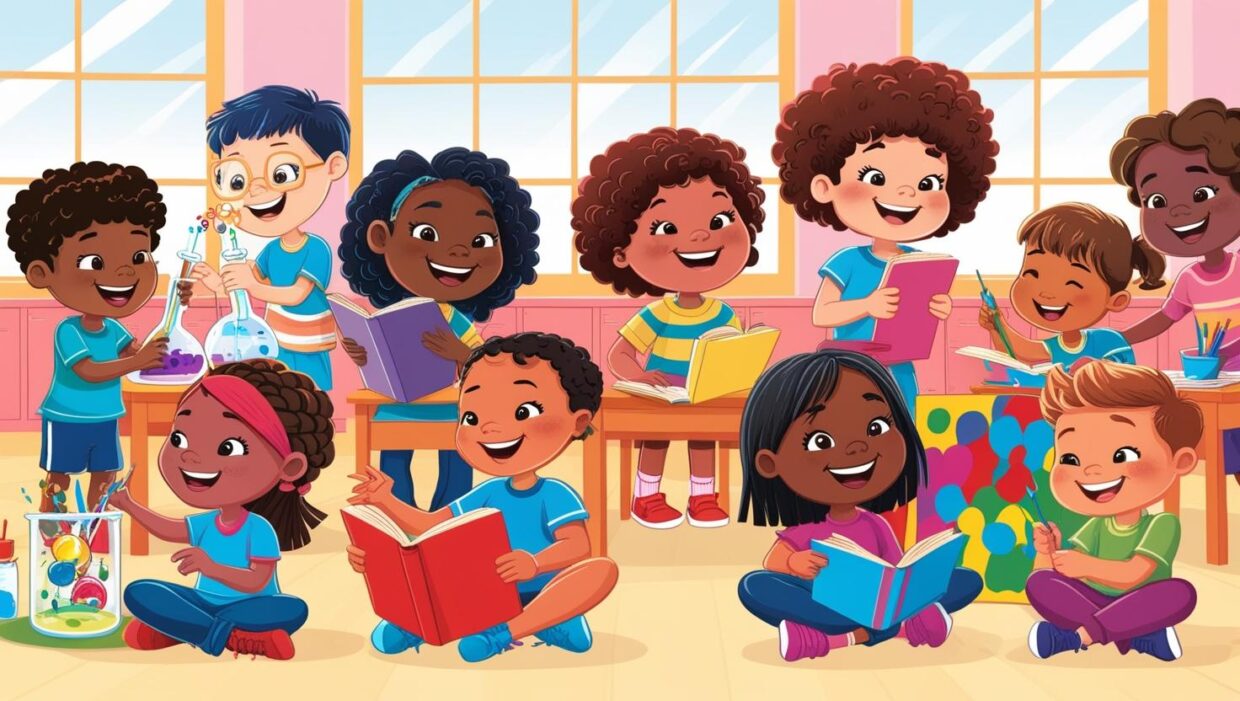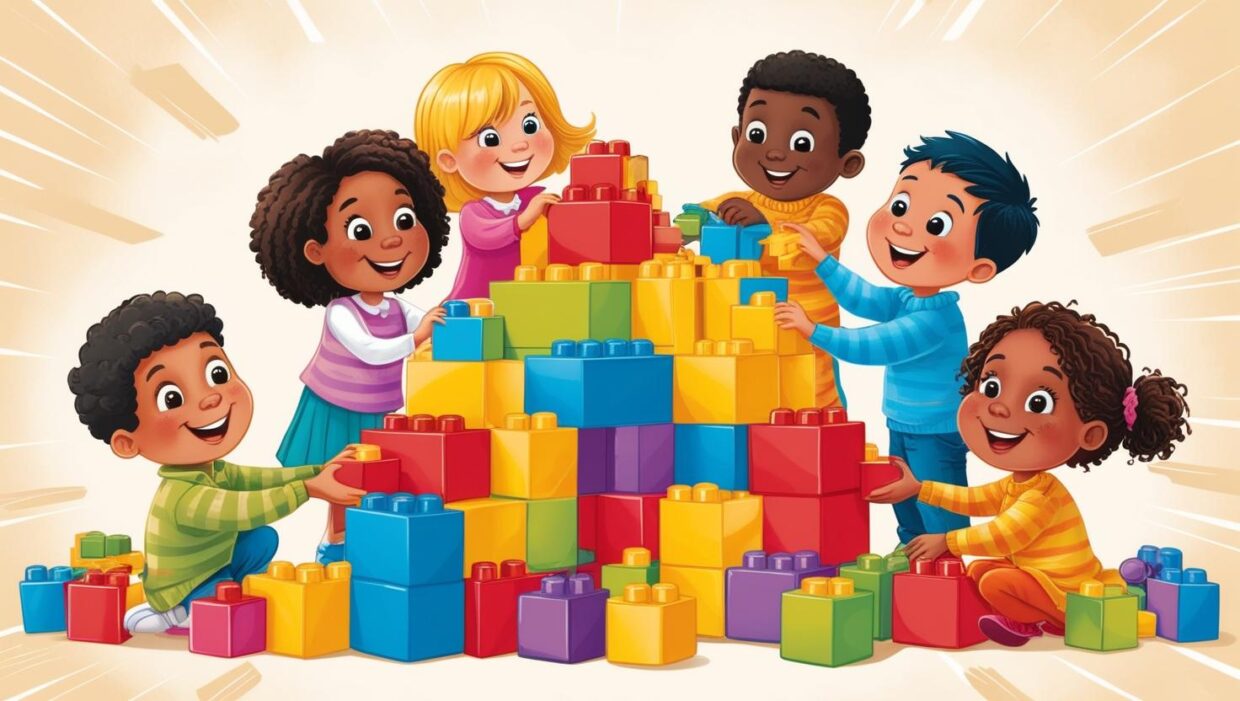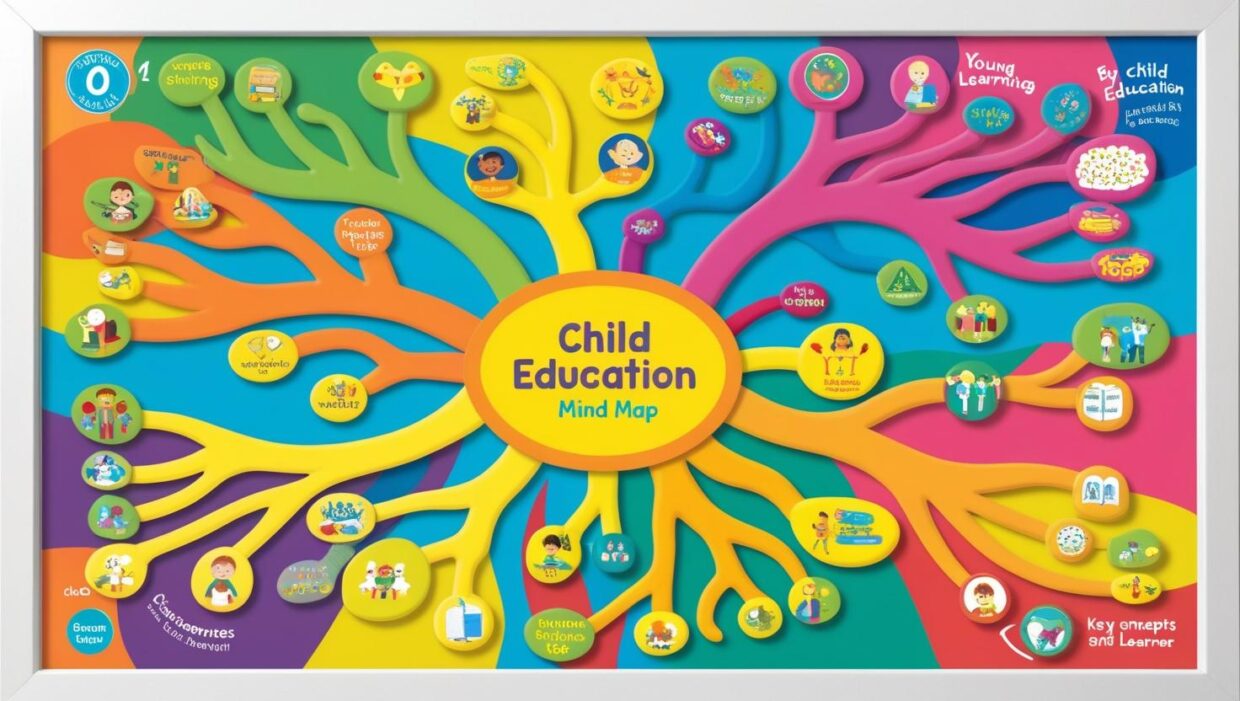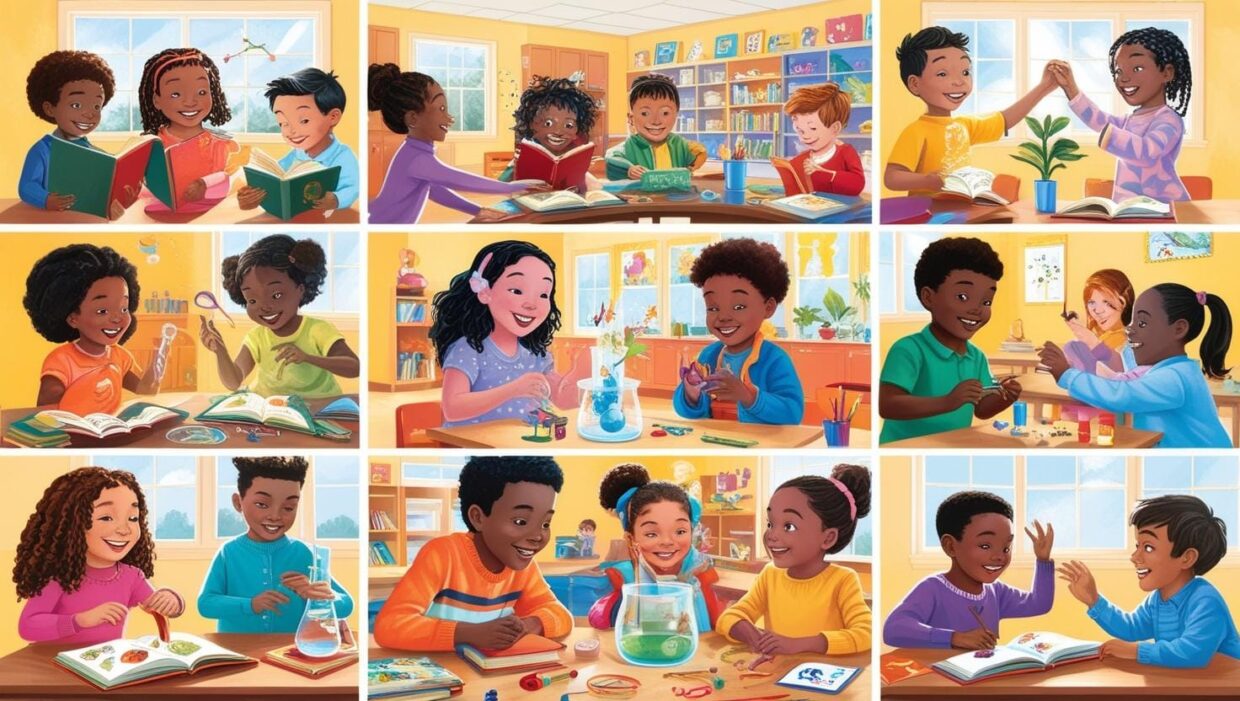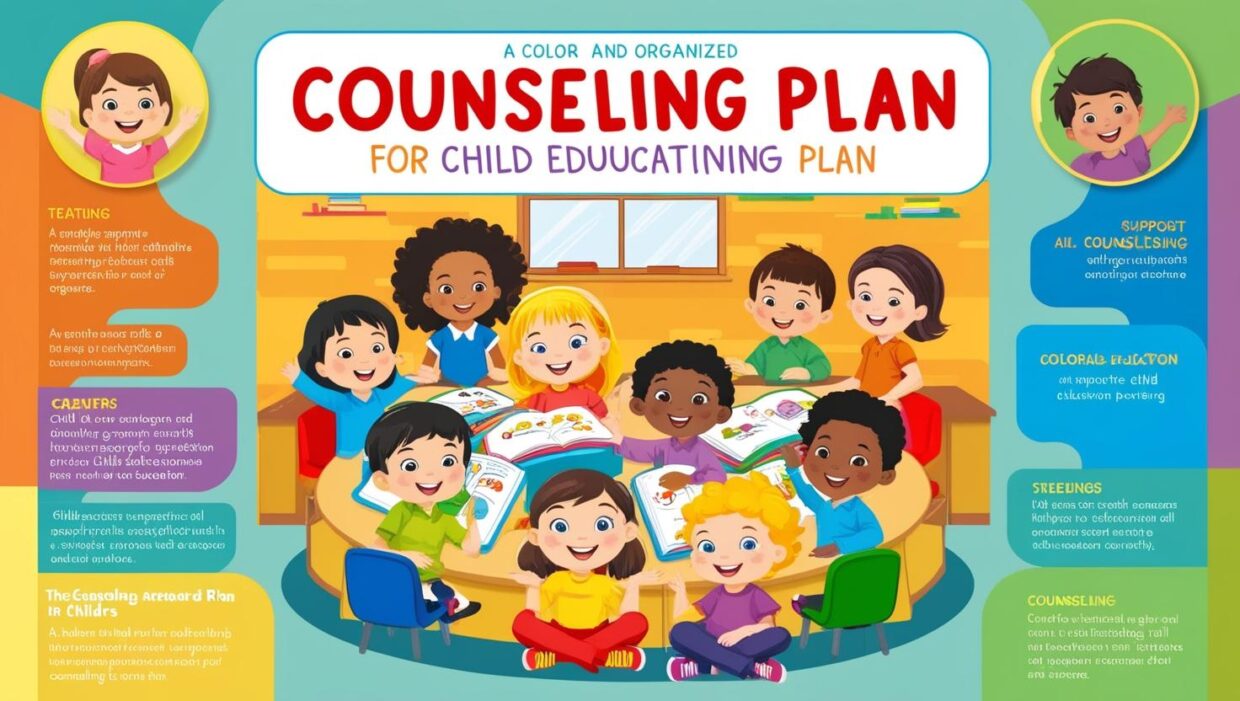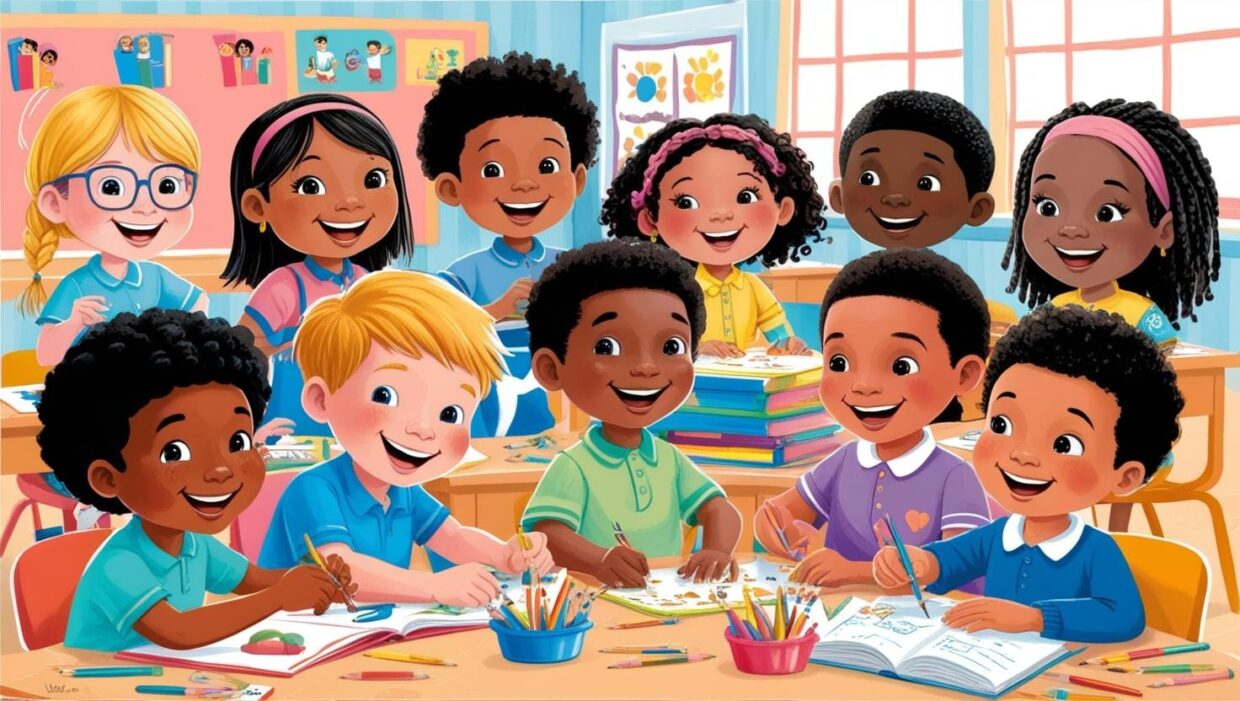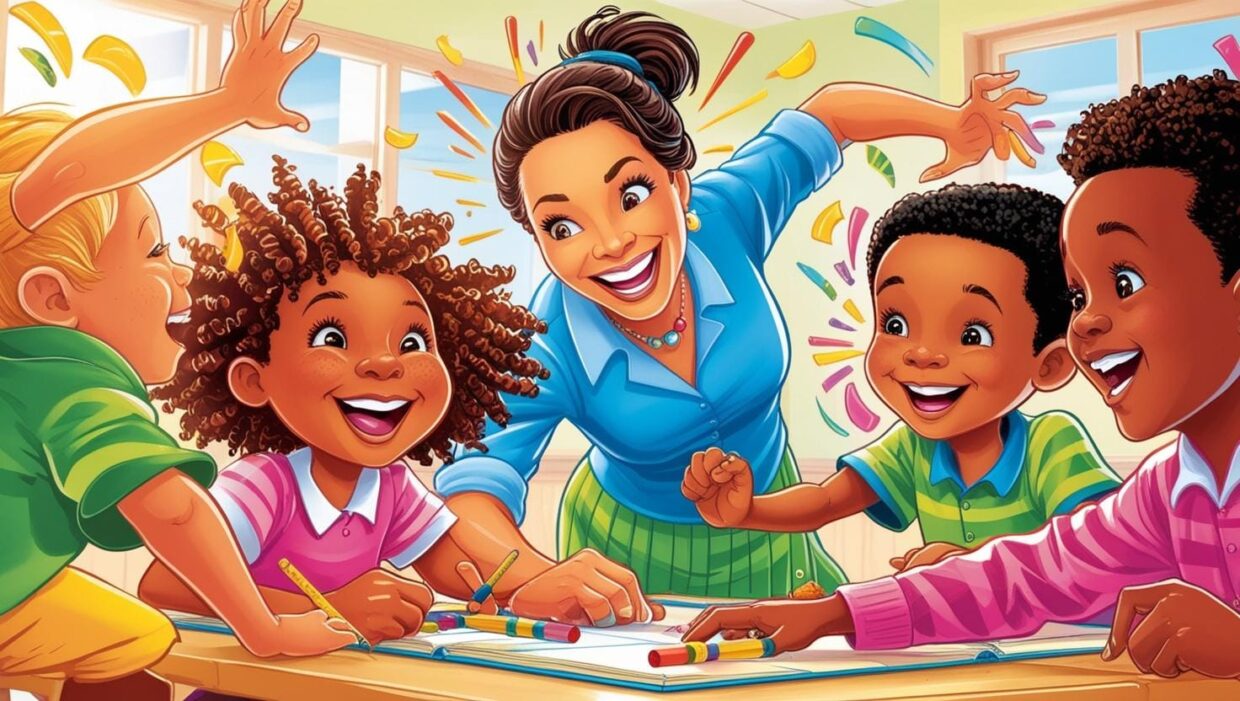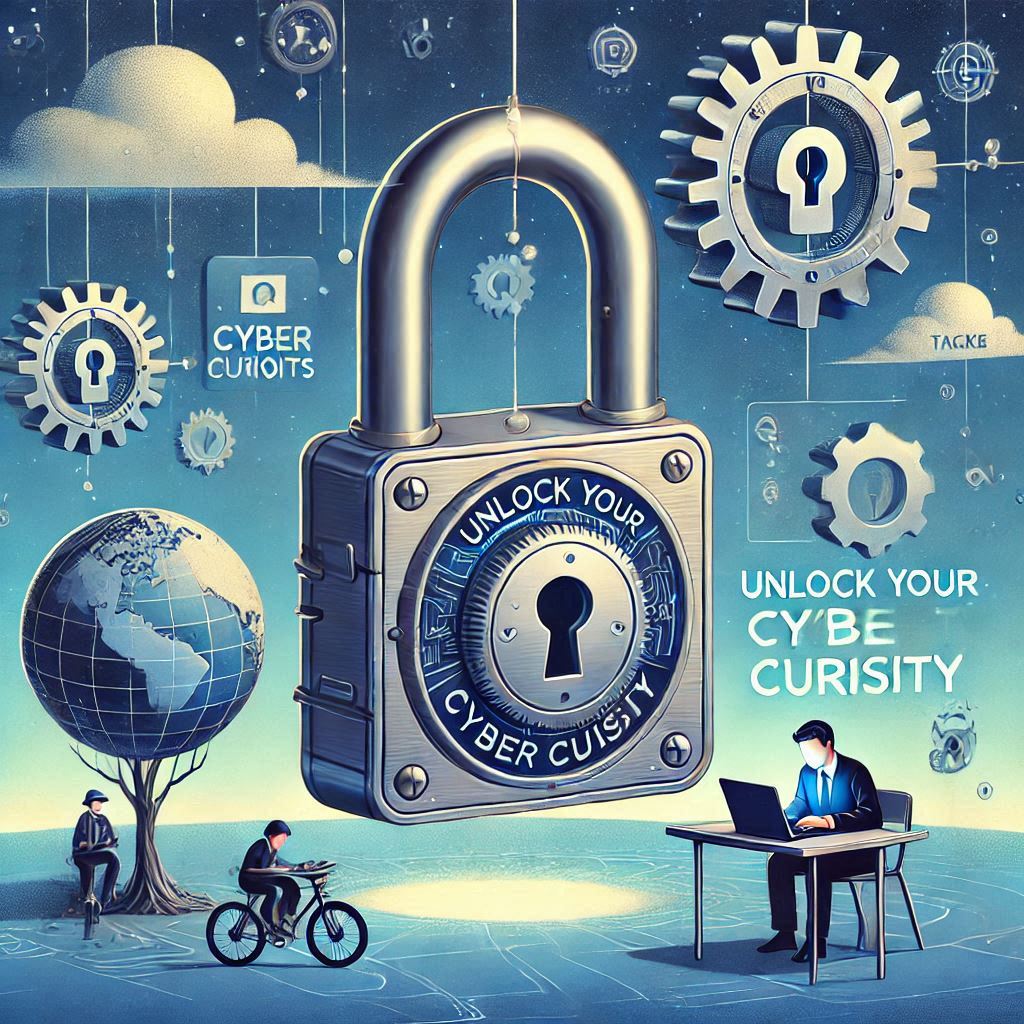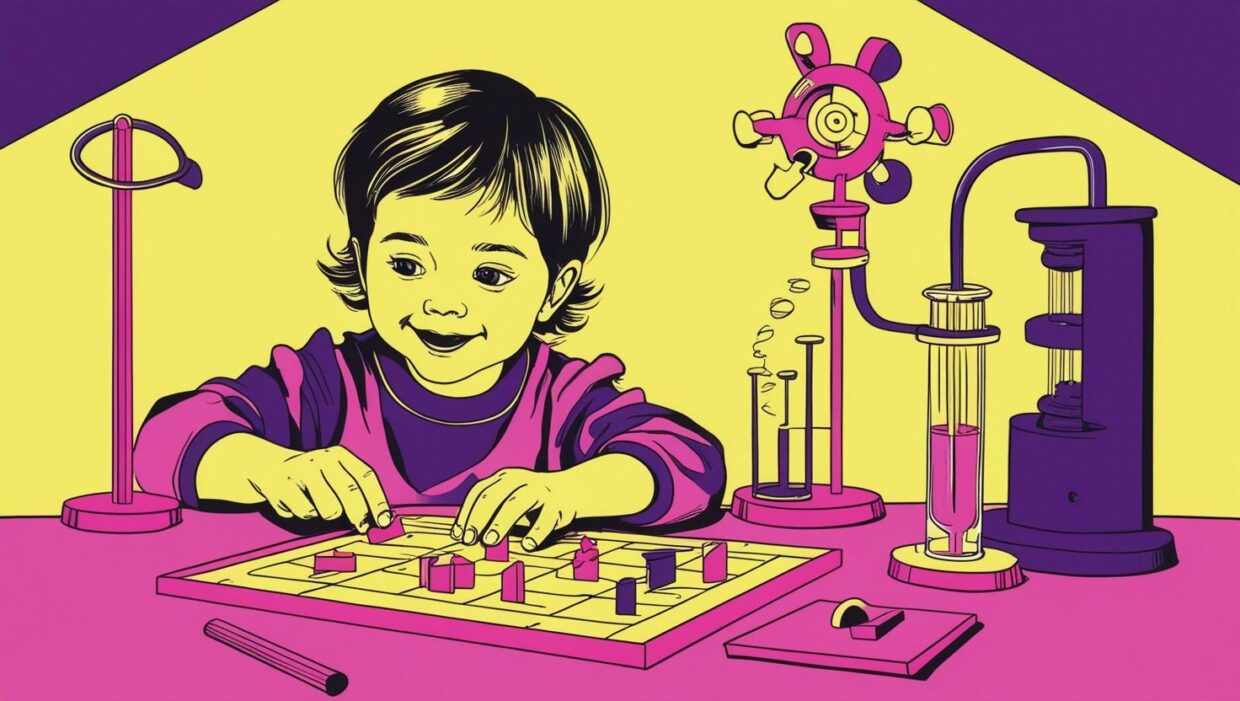Being the Best Parents: A Story of Guidance and Love
The Lighthouse and the Gardeners Parenting is an art, much like being a lighthouse for your children and a gardener for their growth. These metaphors illustrate the essence of great parenting, highlighting the roles of guidance, protection, and nurturing. Let’s explore these ideas through relatable stories that demonstrate how parents can shape their children’s futures while creating a safe, loving environment. The Lighthouse: A Beacon of Guidance Imagine you’re a lighthouse standing tall on a rocky shore. Your child, a small boat, navigates the vast and unpredictable ocean of life. The Story of Kushaan and His Mother kushaan was a curious boy who loved exploring. His mother, a teacher, believed in giving him the freedom to learn but ensured he had clear boundaries. Whenever Kushaan faced challenges, like failing a math test or arguing with friends, his mother didn’t solve […]

